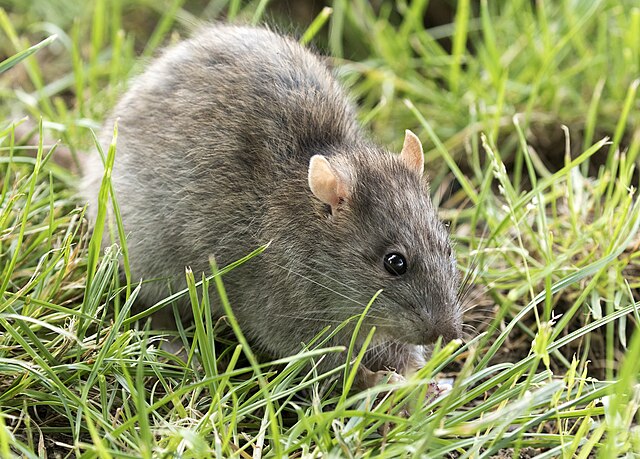
Rats have long been an uninvited companion of humans. In a bittersweet relationship that has been immortalised in media from The Pied Piper of Hamelin to Ratatoutille, they have followed us throughout time from the eureka of agricultural cultivation to the concrete apartments of modern-day cities.
“It is a bold and fierce little animal, and when closely pursued, will turn and fasten on its assailant.” Henry Mayhew, London Labour, III, 3–4.
It is clear that rats have not got the best reputation. Rat is a pejorative way to say informant, they were falsely blamed for the Black Plague, and they are synonymous with disease and urban decay. Deserved or not, their reputation and the human-rat symbiosis may be at a breaking-point, their poise unable to prevent them from stumbling off the thin line they walk between commensalism and parasitism.
Rat populations in cities globally have been growing out of control. A study by researchers from the University of Richmond, Virginia, that examined rat populations in 16 cities found an increase in activity in 11 of them. Some big cities, such as London, were not included due to a lack of available data, however researchers say they would likely have a similar trend.
There are a number of factors behind the population boom. Unhealthy human diets mean high-calorie foods overflowing from bins. Due to extensive poisoning, some rats have also developed immunity to common rodenticides such as anticoagulants, making population control harder. The study, however, puts forward a more troubling primary cause: climate change. Milder winters allow for rats to breed and forage for longer, boosting their population. Rat numbers have increased fastest in the cities that are warming fastest.
The study, however, puts forward a more troubling primary cause (for rat population increase): climate change.
A warming climate is a much-discussed fear that has cast a gloomy shadow over the triumph of human progress. Many of its consequences, although daunting, are diminished by being distant and abstract. The physical presence of a rodent in your home, however, creates an immediate and visceral fear. Their increasing populations make the consequences of climate change suddenly real, no longer a convenient political talking point or lines in a textbook.
There is a pressing need to get rat populations under control. They can transmit at least 60 diseases to humans, and in regions where they are invasive, they damage biodiversity. Experts have suggested a holistic approach that includes secure waste storage and frequent waste collection.
Perhaps as a disguised gift, our long time companions may force us to confront the consequences of climate change.

